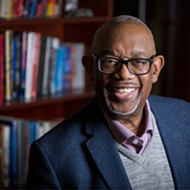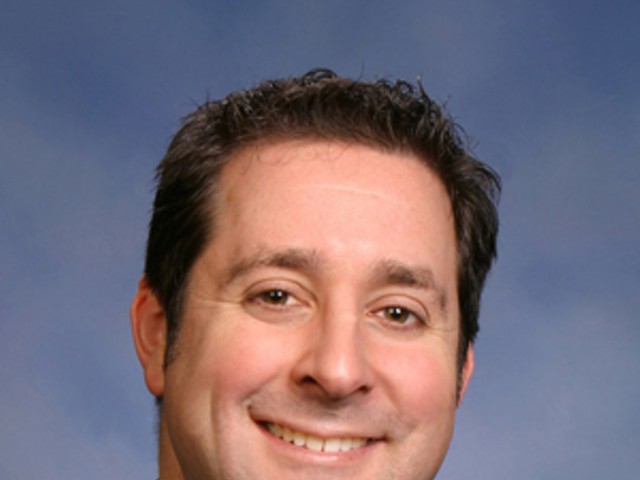Forty years. For those of us unfortunate enough to have lived through it and blessed enough to still be around, at times it can seem like last month. I remember vividly the look of anguish mixed with shock and devastation in my mother's eyes that April morning, a hollow gaze never seen before nor thereafter. Dreams died on a hotel balcony in Memphis, Tenn., and the assassination of Dr. Martin Luther King remains a watershed event in the history of African-Americans and indeed, America as a whole.
CNN is using the 40th anniversary of King's death as the occasion to launch an unprecedented, months-long, multiplatform examination of the state of the race and race relations in the country today. The first fruits of its Black in America series, the documentary "Eyewitness to Murder: The King Assassination" that premiered in April and a 90-minute panel discussion co-produced with Essence magazine earlier this month, continue to resurface on the network in reruns. However, two major tentpoles of CNN's effort debut this week, "Black in America: The Black Woman & Family" at 9 p.m. tonight (July 23) and its companion piece "Black in America: The Black Man" at 9 p.m. Thursday. Both two-hour reports repeat at midnight.
CNN anchor Soledad O'Brien, who surely is too young to recall the ache of '68, is the special correspondent for this massive task. She spent more than a year in the field researching and reporting this story, and it shows. In the span of four hours on the air she seems to be everywhere at once, talking one minute to members from the 1968 class of Central High School in Little Rock, Ark., conducting an in-prison interview with author Michael Eric Dyson's convicted brother, Everett, the next. And while one might have preferred a slightly heavier hitter for such an immense undertaking, the comely and comfortable O'Brien is the tie that binds these disparate tales together for better or worse. Indeed, as one of the consistent themes in Black in America seems to be the commingling of whites and blacks since the age of slavery and the widespread descendants of mixed-race parentage, the tawny-skinned O'Brien virtually serves as an object lesson.
While CNN's ambition must be lauded, somehow you want these Black in America bookends to do more, say more. So many of the usual suspects chime in (Spike, Whoopi, Russell, T.D. Jakes) that when a fresh voice from the mainstream is heard, it's practically startling. And while few might agree with comedian D.L. Hughley's assertion that "I don't know one black man who isn't broken in some way," opposing opinions like those of Bennett College President Julianne Malveaux, who stridently reminds that not all black men are in prison or strung out, tend to be drowned out by a cacophony of victimization.
Still, my biggest problem with Black in America is its failure to maintain focus. While the quote, "If dogs were killing each other at the rate black men are, we'd have a Save the Dogs crusade" is haunting, for example, it's heard first in the "Black Women & Family" section, not "The Black Man." This scattershot approach can be disconcerting, so maybe it's best to take these Black in America installments in combination. This is a project that certainly needed to be accomplished, and CNN filmed it beautifully. But when all is said and done, one wishes the stories it tells had been more telling.
Black in America was filmed in high-definition and will air on CNN HD as well as CNN. This week's documentaries will be available on iTunes and video on demand channels 24 hours after their initial airing.
Fanchon police
Now that former FOX2 morning co-anchor Fanchon Stinger has officially responded to the "blatant misrepresentations and tawdry allegations" that led to her parting from the station earlier this month in fallout from the Synagro sludge scandal, kudos should go to the Channel 2 news department for its coverage of the affair.
The tendency in TV news, especially when a negative story affects your own operation, is to mention it once — if at all — then let the next Big Headline push it into the shadows. FOX2 didn't shy away from the Stinger story; if anything, they overreported it, at one point airing a Scott Lewis piece on the matter every half-hour during a morning newscast. And when Stinger issued her rebuttal statement, lead anchor Huel Perkins dutifully read every word on the air. No matter what the next chapter of this sorry saga brings, no one can say FOX2 tried to sweep its suspension and the ultimate departure of Stinger under the rug, shining the brightest lights on itself when the station became the story. If only its network news operation could be as fair and balanced.
Jim McFarlin is media critic for Metro Times. Send comments to [email protected]





